Date: 24 January 2006
The two companies have reached an understanding on value around 165 pence a share, which would value Pilkington at about 2.2 billion pounds, the sources said on Monday.But they added that no formal offer had been made.Sources close to the matter had said on Thursday a deal could be reached this week.But the amount of due diligence needed to substantiate an offer is likely to add several more weeks to the process, the sources said on Monday.
The offer, if it goes ahead, will be an improvement on the indicative cash offer worth 158p a share made in December, which Pilkington rejected. The talks could still fall apart, they said.
Pilkington said last month that the price, which had been raised from the initial offer worth 150p and a second verbal proposal at 155p, still fell short of a level that it would be prepared to recommend.
Pilkington and Nippon Sheet Glass, which already owns 20 percent of Pilkington, both declined to comment.
Shares in Pilkington shares closed at 157-1/4p on Monday, up 0.6 percent.
Pilkington shares have climbed around 20 percent since late August when the first bid talks emerged, moving roughly in line with the UK's building materials sector, which has seen a flurry of mergers and acquisitions in recent years.
The approach is the latest foreign raid on Britain's construction sector, after France's Saint-Gobain bought plasterboard maker BPB, Mexico's Cemex snapped up concrete producer RMC and Swiss cement firm Holcim swooped on Aggregate Industries.
In the global glass market, where demand is seen growing some 4 percent annually, Pilkington faces tough conditions as it generates more than half of its revenues from a mature European market, while rising raw materials and energy prices put pressure on costs.
But the group, which competes with Saint-Gobain and Japan's biggest glass maker Asahi Glass Co. Ltd., reported a 22 percent rise in pretax profit for the first half to end-September, helped by a restructuring drive.
The 180-year-old Pilkington is poised to enter the final stage of a three-year turnaround, having slashed costs and cut its workforce by 15,000 staff to 24,000 since the mid-1990s as it focuses on its main car and construction markets.

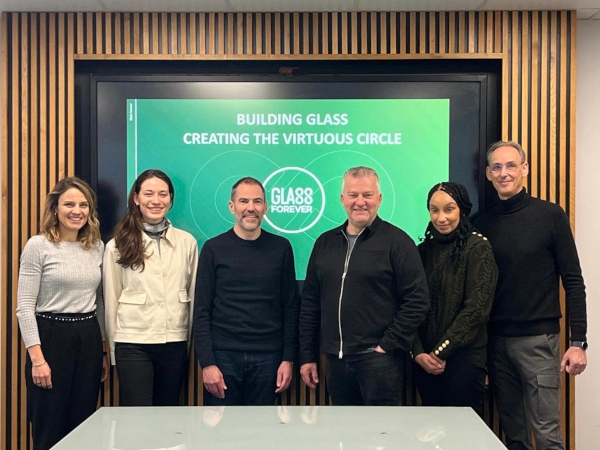

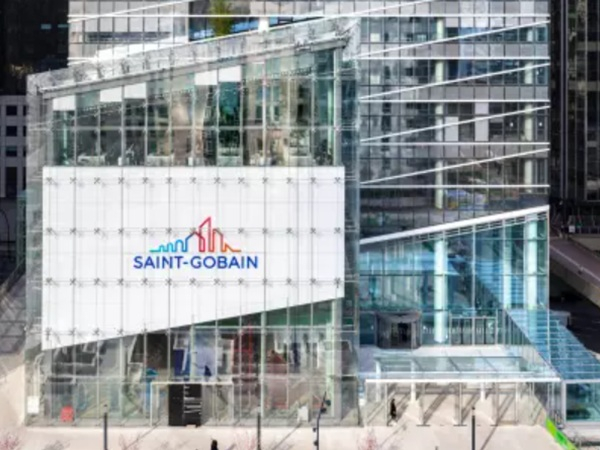
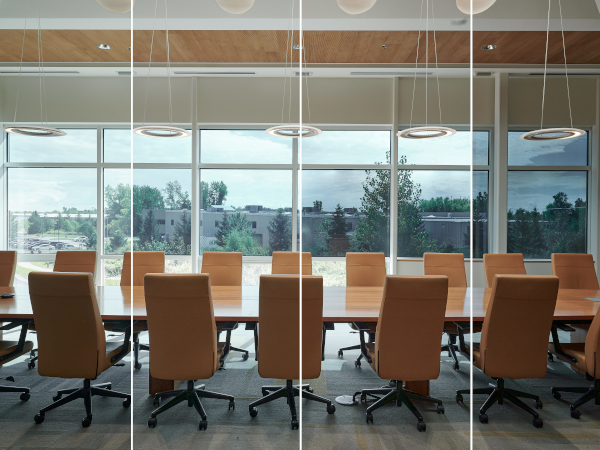
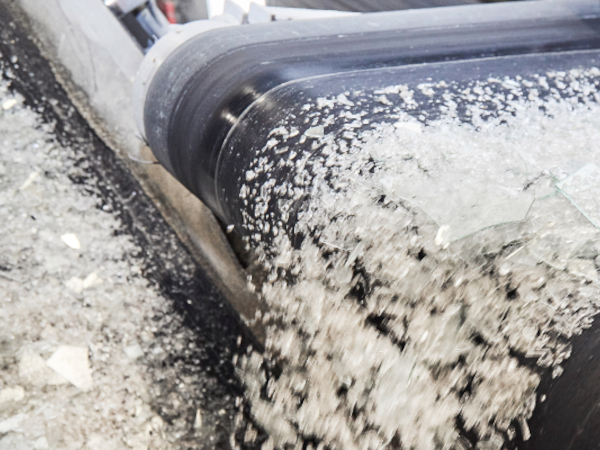


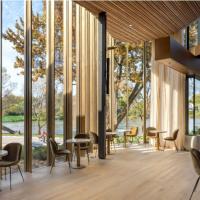



Add new comment